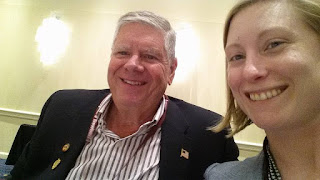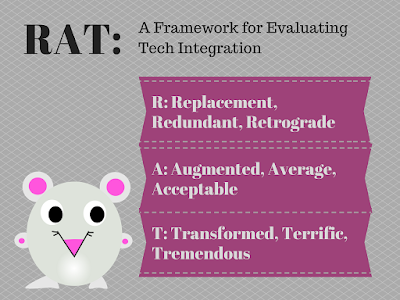Review: Most Dangerous: Daniel Ellsberg and the Secret History of the Vietnam War
 Most Dangerous: Daniel Ellsberg and the Secret History of the Vietnam War by Steve Sheinkin
Most Dangerous: Daniel Ellsberg and the Secret History of the Vietnam War by Steve SheinkinMy rating: 5 of 5 stars
"In the past, I had instinctively accepted the ethos of my profession, the idea that leaking was always inherently bad, treacherous... I had been wrong. Obviously, leaking could be a patriotic and constructive act." -Ellsberg, quoted in Most Dangerous: Daniel Ellsberg and the Secret History of the Vietnam War by Steve Sheinkin
The Vietnam War had been over for several years when I was born. We didn't study the Vietnam War while I was in high school and I did not take any modern history classes in college. I had vague ideas about the Vietnam War- I knew that American citizens were drafted to serve in the US military. I knew there was a lot of opposition to our involvement in the war. People fled the draft. Protests were abundant. I knew American involvement was in reaction to the communist regime in North Vietnam. As a school-aged person, it seemed like something that happened a long time ago. Now I realize this happened very recently in our history. So recently that many of the “players” in this nonfiction book are still alive and author Steve Sheinkin interviewed several of them.
Daniel Ellsberg, once referred to as “The Most Dangerous Man in America,” was a consultant to the US government at the RAND corporation, worked for the US defense department, and spent time in Vietnam during the war. Through his work, he discovered the US government had been lying to the American people about the Vietnam War. He had access to the McNamara Study, what was referred to as The Pentagon Papers, that contained outrageous truths and evidence of government cover-up and lies. He leaked The Pentagon Papers to the press, and the papers were published in a variety of newspapers across the country. Once a judge would order a newspaper to stop publishing the Pentagon Papers, another newspaper would begin publishing the Pentagon Papers, and so on.
I found this book absolutely fascinating. Photojournalism and the press in general changed the way Americans got information about the war. They saw the atrocities before their very eyes, but the government was trying to paint a very different picture. These events may very well mark a new level of distrust of the American government by its citizens. I can’t help but make the connections between Daniel Ellsberg and Edward Snowden, the man who sought asylum in Russia beginning in June of 2013 after leaking that the American government has been spying on citizens. He is still living in Russia as he is wanted by the government for theft of government property and violating the Espionage Act of 1917. Daniel Ellsberg was not convicted of any crime, though he did go to trial and feared that he would be imprisoned for many, many years. The Edward Snowden situation has not been resolved as of yet. Interestingly, if you visit Daniel Ellsberg’s Twitter, he has spoken out in favor of Edward Snowden as doing a service to the American People, rather than having committed a crime of espionage.
If this sounds even remotely interesting to you, I highly, highly recommend this book.
View all my reviews


Comments
Post a Comment